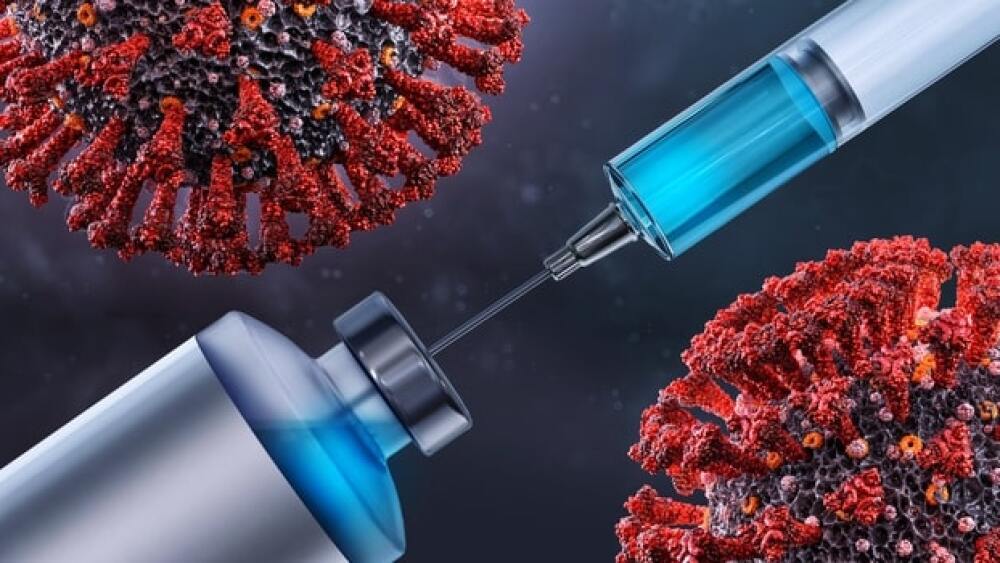News, much of it good, keeps coming in about the efficacy of the various COVID-19 vaccines. Here’s a look.
News, much of it good, keeps coming in about the efficacy of the various COVID-19 vaccines. Here’s a look.
Moderna Believes Vaccine Protection Could Last for Years
One of the open questions about the various vaccines against COVID-19 has been how long the protection offered will last. Although the jury is still out, the data is beginning to look promising.
Stephane Bancel, chief executive officer of Moderna, speaking at a virtual event by Oddo BHF, a financial service group, said, “We believe there will be protection potentially for a couple of years.” He added that the “antibody decay generated by the vaccine in humans goes down very slowly.”
That’s good news, although it’s still unclear if that will be true in elderly patients. The elderly often have less effective responses to vaccines.
Bancel also said Moderna expects to have proof their vaccine is effective against other COVID-19 viral variants, specifically the U.K. and South African strains, in a few weeks.
Sinovac’s COVID-19 Vaccine Appears to have 78% Efficacy Rate
China’s Sinovac Biotech reported that its COVID-19 vaccine, CoronaVac, had a 78% efficacy rate in a Phase III clinical trial in Brazil. It also completely prevented severe cases. Turkish researchers reported interim data on the same vaccine in December showing 91.25% efficacy.
Although the Pfizer-BioNTech and Moderna vaccines have reported efficacy rates around 95%, both require significant storage and transportation controls at cold temperatures. CoronaVac, on the other hand, is easier to transport and can be stored at typical refrigerator temperatures.
Pfizer-BioNTech COVID-19 Vaccine Appears Effective Against UK and South African Strains
Pfizer and BioNTech reported that their COVID-19 vaccine appears to be effective against a key mutation in new variants of the SARS-CoV-2 virus that causes COVID-19. Specifically, the Pfizer labs with scientists from the University of Texas Medical Branch indicated the vaccine appears effective against the new highly contagious strains originating in the U.K. and South Africa. The data has not yet been peer-reviewed, but the vaccine neutralized the virus with the N501Y mutation of the spike protein, which is the mutation believed to provide enhanced transmissibility to the viral strains.
They indicate the data is limited because the study didn’t evaluate the full set of mutations found in the new strains, but found it to be encouraging because it looked like the vaccine was effective against the N501Y mutation as well as 15 other mutations.
“So we’ve now tested 16 different mutations, and none of them have really had any significant impact,” said Phil Dormitzer, a Pfizer viral vaccine researcher. “That’s the good news. That doesn’t mean that the 17th won’t.”
They plan to continue testing the vaccine on variants, with their biggest interest in the South African E484K strain. They expect more data within a few weeks.
Other companies, such as AstraZeneca and CureVac, are also testing their vaccines against the new variant strains. They believe they will be effective, but will rely on the data for proof.
Labcorp Awarded CDC Contract to Study COVID-19 Viral Variants
Although not exactly related to vaccines, LabCorp received a contract from the U.S. Centers for Disease Control and Prevention (CDC) to provide genomic sequencing of SARS-CoV-2 samples. This data will help the CDC conduct a large-scale longitudinal genomic survey of the viruses from samples around the U.S. The CDC plans to more than double the rate of genomic samples that are sequenced each week. The samples are de-identified that test positive for SARS-CoV-2 and Labcorp will provide the CDC with the completed sequences, which will be combined with data from other national, state, academic, and private labs.
“Better decision making starts with better data, and we are eager to help the CDC in its effort to improve the nation’s understanding of this virus and how to effectively fight it,” said Marcia Eisenberg, chief scientific officer at Labcorp. “This sequencing survey is a critical project to ensure our knowledge of COVID-19 improves even as the virus may mutate and change.”





